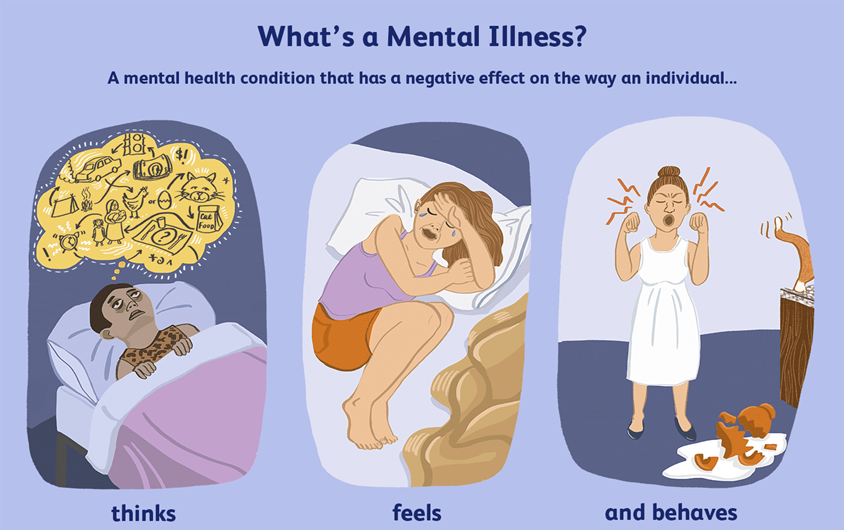A client is experiencing a panic atack while in the recreation room. Which intervention(s) would be a priority to promote the client's safety?
Engaging the client in recreational activities.
Requesting a prescription for an anti-anxiety agent.
Offering the client therapy to calm down.
Remaining with the client to assess needs.
The Correct Answer is D
Choice A reason: Engaging in activities might be too demanding during a panic atack and could potentially exacerbate the client's anxiety.
Choice B reason: While medication may be part of the treatment plan, the immediate priority is to ensure the client's safety and comfort, which is best achieved by staying with them.
Choice C reason: Offering therapy in the midst of a panic atack is not practical; the immediate need is to help the client feel safe and manage their acute symptoms.
Choice D reason: Staying with the client to assess their needs is the most appropriate immediate intervention to ensure safety and provide reassurance during a panic atack.
Nursing Test Bank
Naxlex Comprehensive Predictor Exams
Related Questions
Correct Answer is C
Explanation
Choice A reason: Medication is not a defining feature of all mental illnesses. While medications can be a part of treatment for many psychiatric conditions, not all mental illnesses require medication. Some may be managed with psychotherapy, lifestyle changes, or other non-pharmacological interventions.
Choice B reason: Self-awareness or acknowledgment of difficulties is not a prerequisite for a mental illness diagnosis. Many individuals may not realize they have a mental health condition, especially in cases of severe mental illness or when insight is affected.
Choice C reason: The presence of difficulties in functioning that cause significant distress or impairment is a core aspect of mental illness. These difficulties can manifest in various areas such as social, work, or family activities, and are a key factor in diagnosing mental health conditions.
Choice D reason: While physiological symptoms can accompany certain mental health conditions, they are not a defining feature of all mental illnesses. Mental illness primarily involves significant changes in thinking, emotion, and/or behavior.

Correct Answer is A
Explanation
Choice A reason: This is the correct choice. Nonverbal cues can provide insight into a client's emotional state and intentions that may not be expressed verbally, especially when a client may not be able to communicate effectively due to their condition.
Choice B reason: While psychiatric disorders can affect verbal communication, this is not the primary reason nurses are encouraged to be aware of nonverbal communication.
Choice C reason: Clients may be guarded, but the primary reason for nurses to be aware of nonverbal communication is to gain additional information, not just because clients are guarded.
Choice D reason: Psychiatric disorders affecting thoughts more than physical behaviors does not explain why nonverbal communication is important.
Whether you are a student looking to ace your exams or a practicing nurse seeking to enhance your expertise , our nursing education contents will empower you with the confidence and competence to make a difference in the lives of patients and become a respected leader in the healthcare field.
Visit Naxlex, invest in your future and unlock endless possibilities with our unparalleled nursing education contents today
Report Wrong Answer on the Current Question
Do you disagree with the answer? If yes, what is your expected answer? Explain.
Kindly be descriptive with the issue you are facing.
